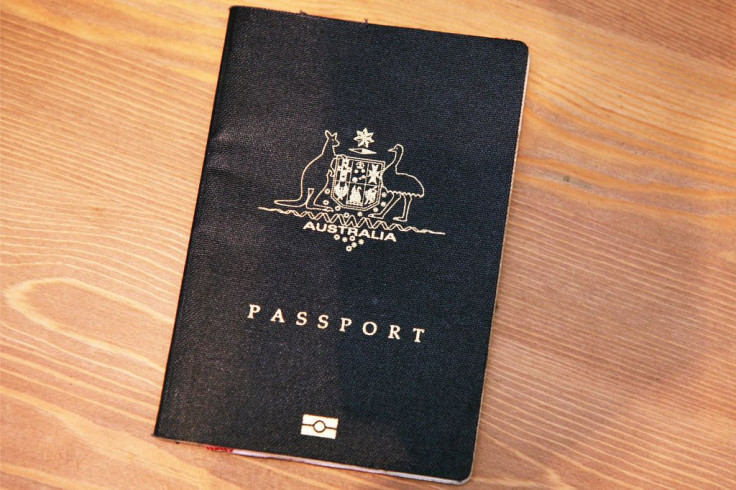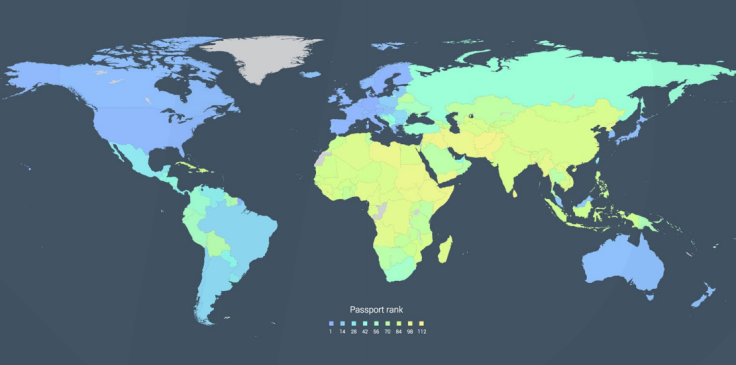Most powerful passports in the world - Australia ranks 8th with visa-free access to 169 countries

Most Australians will admit to being bitten by the travel bug, and based on very accurate social media observations, one in five of us would probably have used the word ‘Wanderlust’ at least once in the last six months.
Probably.
While most Aussies focus on arriving at their travel destination, very few consider the power of the document that lets them leave the country -- their passport -- which happens to be amongst the world’s most powerful.
The 2016 Visa Restriction Index compiled by citizenship and planning firm Henley & Partners, which takes into account how many countries a passport allows its holder to enter without a visa, ranks Australia eighth out of 199 nationalities and passports. Our unassuming navy booklet gives us access to 169 countries without a visa -– just two countries short of New Zealand’s number seven position at 171, a spot it shares with Greece.
This visa-free access to other nations has made the Australian passport very valuable, particularly on the black market, where it could be worth several thousand dollars. In fact DFAT stats show that between 2012-13, almost 40,000 Australian passports were stolen or lost, a quarter of which goes missing overseas.
Meanwhile the German passport, which gives its citizens easy access into 177 countries, came out on top, followed by Sweden (176). The UK came in third at 175 with Finland, France, Italy and Spain, while United States ranked fourth (174) alongside Belgium, Denmark and the Netherlands.
Austrian, Japanese and Singaporean citizens completed the top five, with their passports allowing them into 173 countries without fuss.
The maximum number of destination countries and attainable scores in this study was 218.

“Generally, visa requirements reflect strongly on each country’s relationships with others, and will take into account diplomatic relationships between the countries, reciprocal visa arrangements, security risks, and the risks of visa and immigration rules violations,” Henley & Partners explains.
It also points to the importance of investment migration, noting that countries with strong residence and citizenship-by-investment programs all featured within the top 30 of the Index.
EU member Malta, for instance, listed as the ninth most powerful passport in the world, gained visa-free access to two more countries over the last year thanks to its successful citizenship-by-investment program launched in 2014.
On the other end of the spectrum, however, lies the Afghanistan passport, which allows its citizens to visit just 25 countries without a visa. Other countries at the bottom of the list include Libya (36), Syria (32), Somalia (32), Iraq (30) and Pakistan (29).
Despite the huge disparity in levels of travel freedom between countries, studying the trends of the Visa Restrictions Indexes over the last 11 years shows that most countries have improved their visa-free access. Compared to 2015, only 21 of the 199 countries listed remained in the same position, while no country fell more than three spots.
“Four countries in particular made huge gains; Tonga rising 16 spots, Palau by 20, Colombia by 25 and Timor Leste, a Southeast Asian nation, being the highest climber with an increase of 33 ranks,” the firm pointed out.




















